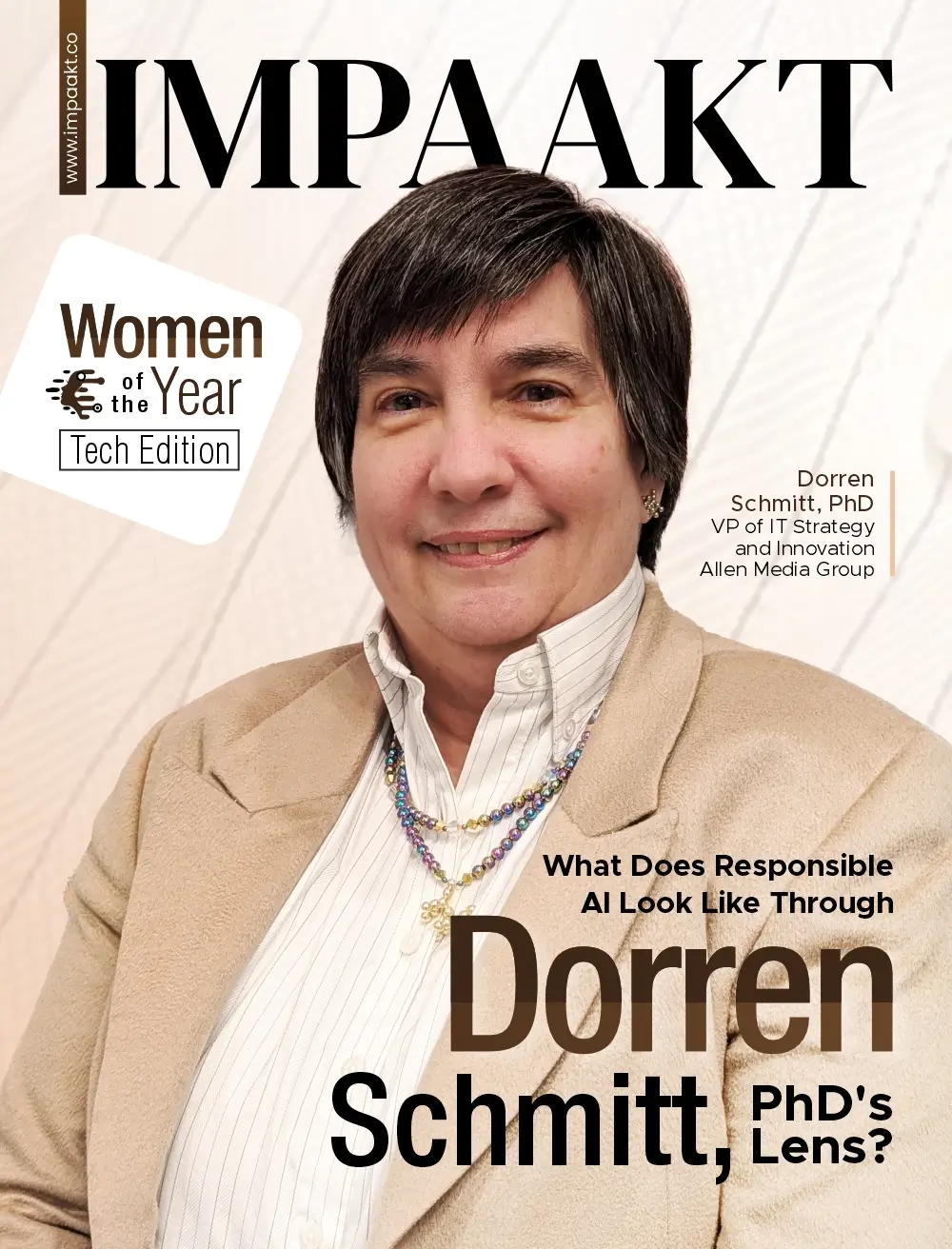Inductive Bio, a leader in machine learning (ML) for drug discovery, announced the publication of a successful collaboration with Nested Therapeutics. The study, published in ACS Medicinal Chemistry Letters, highlights the use of ML models for ADMET (Absorption, Distribution, Metabolism, Excretion, and Toxicity). These models, alongside computational potency predictions, prioritized synthetic targets and improved design quality.
Optimizing small molecules is costly and time-intensive, requiring a balance of potency and ADMET properties for viable drug candidates. Inductive Bio’s deep learning ADMET models, trained on proprietary datasets, were combined with Nested’s platform for predicting compound potency in cryptic pockets. This collaboration reduced the number of compounds synthesized and sped up the lead optimization process. “Integrating Inductive Bio’s ADMET models into Nested’s predictive platforms helped us to prioritize designs with optimal drug-like properties,” said Yongxin Han, EVP and Head of Drug Discovery at Nested Therapeutics. “This allowed us to rapidly iterate and optimize lead compounds and address critical ADMET challenges.”
“We are very proud of the outcome from our collaboration with Nested Therapeutics,” said Josh Haimson, co-founder and CEO of Inductive Bio. “This publication underscores the impact of ML models for ADMET in accelerating drug optimization and offers a practical framework for others aiming to undertake similar approaches. We look forward to continuing to support our partners in achieving their drug discovery goals.”
This collaboration sets a precedent for using advanced ML techniques in the biotech industry, enhancing efficiency and effectiveness in developing new therapies.











